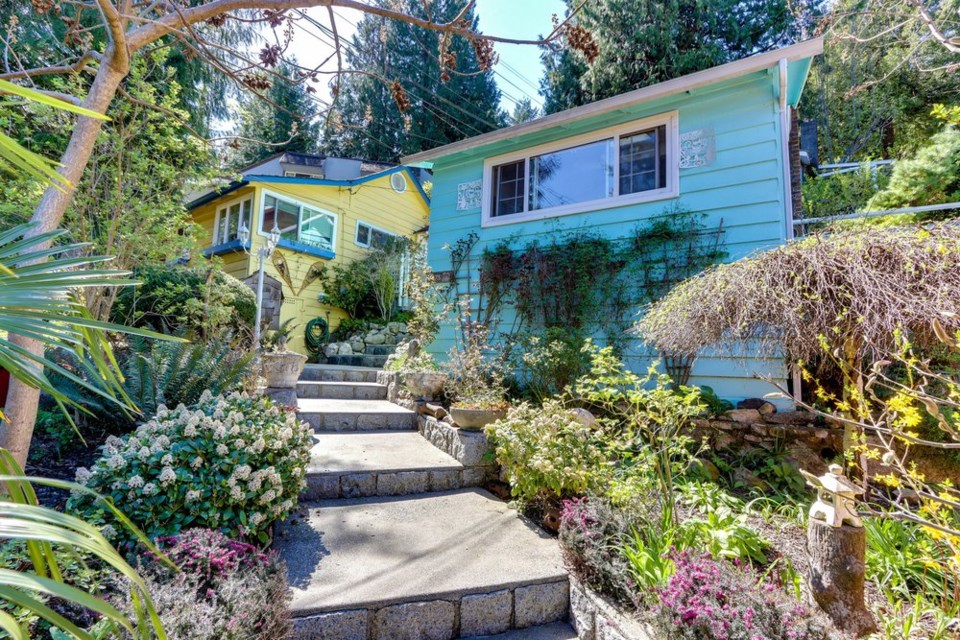A year ago, Elizabeth Wilcox thought she would be priced out of the Vancouver housing market. With prices rising after the initial restrictions associated with COVID-19 lifted, she and her husband found themselves scrambling to find anything within their budget.
But working with Noam Dolgin, a real estate agent and founder of CoHo BC, she and her husband were partnered with two others to purchase a property in East Vancouver. It’s now home to the four of them and their three children in a deal structured and arranged by Dolgin and real estate lawyer Richard Bell.
Wilcox is now sharing her experience with others as staff matchmaker at CoHo BC, bringing together strangers keen to pursue collaborative home ownership and providing the resources needed to respect each party’s interests.
“We found there was a lot of interest from those who didn’t have partners, who wanted to find partners to be guided through the process, so we added matchmaking services in what we do,” Dolgin said. “We work with professionals – real estate agents and lawyers and other folks – who have years of experience with people co-buying to guide people through the process so they’re not making bad deals, they’re not forgetting important pieces, they’re not making bad legal agreements.”
But matchmaking isn’t just for individuals seeking a home. CoHo BC’s largest deal to date closed in January when seven owner-occupiers partnered with investors to purchase eight cottages in Horseshoe Bay for $3.7 million.
The cottages – each between 400 and 700 square feet – sit on three lots, which could not be subdivided. CoHo BC assembled an ownership group drawn from existing West Vancouver residents and Bell recommended the creation of a holding company to create a single ownership entity to facilitate financing.
But even then the complex nature of the purchase saw the lender stipulate a 50 per cent loan to value ratio, requiring the involvement of outside investors.
Dolgin contacted Alan Carpenter of Langley, who lives in a co-housing community himself, knowing he would be open to the idea.
“They were basically matchmaking to connect people of similar values,” he said. “We both had this value of a community-led housing idea.”
With less than a month to go until the closing date, Carpenter worked with the buyers to assemble the final $500,000 to complete the financing arrangements. The result was a deal benefiting everyone, outside investors as well as the occupants who pay rent to themselves through the ownership entity.
“Over the years, as the mortgage gets paid down, the mortgage payments are less, then the rent could be less,” Carpenter explained. “And for the outside investors, the property values are going up, so their position is always getting stronger. The other thing for an outside investor is the people that are living there are taking a different level of care of the place.”
One of the cottages is leased to a long-term resident of the property who also pays rent to the ownership group. However, the owners have agreed to charge a rent that reflects her circumstances, giving her a stable housing arrangement.
“They’re going to keep renting to her at the affordable rate she had before,” Carpenter said. “They come from a different place than a typical investor.”
Dolgin says the arrangement – one of three matchmaking deals CoHo BC has done to date – underscores how co-ownership can work when it’s done right.
“By asking the right questions and having a thorough, deliberative, thoughtful process in advance, you can avoid a lot of conflict down the road,” he said.



